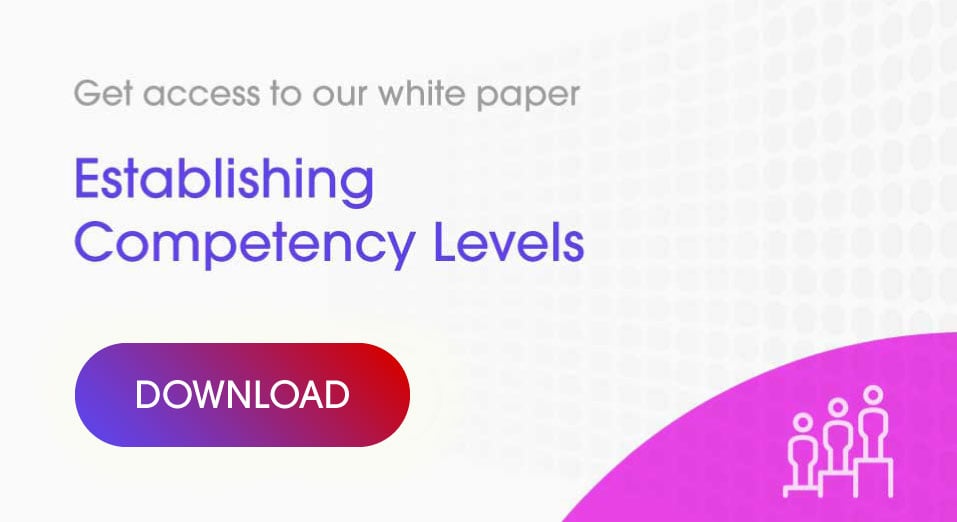Negotiating in the Healthcare Industry | Negotiation is a critical skill in life and business. Is it one of your priority skills?
There are a variety of negotiation styles and recommended steps that you can follow, but you are probably unaware that you are negotiating throughout each day subconsciously. It is a life skill that we learn very early. As a parent or a dog owner, your toughest negotiations are probably at home!
We often view negotiation as a competition over a fixed resource such as assets or money, and intangibles like time, rights and effort. The best way to get more of what you want is to focus on what the other party needs. This approach fits very well with being customer centric.
#1 Negotiation Tip: Preparation is a priority
Here are a few questions to explore in order to prepare for your negotiation:
- Why are you negotiating?
- Do you know how it will help achieve your objective?
- What is the cost-benefit ratio of each of the scenarios?
- How will the success of the negotiation add value to the patients, the Account/stakeholders as well as your company?
Preparing for negotiations and formulating a strategy will give you confidence to articulate what you want and what value you bring to the deal. Considering your BATNA (that is your ‘best alternative to a negotiated agreement’) is an essential preparation step that should be given sufficient time and consideration.
Develop a relationship with the other party in advance whenever possible. This emphasises that this a human interaction, demanding respect, empathy and appreciation of each position. If you anticipate that you are going to be encountering some tough opponents, ensure you have fully agreed with your internal stakeholders what you will and will not compromise on. Scenario planning is a useful preparation activity to fully understand these.
Thorough preparation can also prevent of one’s inner child, emotions and your ego getting in the way of getting working towards an outcome that would work best for all parties.
#2 Negotiation Tip: Manage feelings & emotions
If you are just thinking of yourself in a negotiation, then you are in trouble from the start. Firstly, you cannot be listening in this state. Instead of appearing as an expert, you are more than likely appearing arrogant and annoying to the other party, if not to your own team. Leave your ego behind! Be confident through the power of preparation, knowledge and empowerment to negotiate.
Ensure fairness between negotiating parties
A common trouble spot in negotiations is when one party feels they are giving too much away - feeling it is neither fair nor balanced. Feelings and emotions boil up and get in the way.
- When feelings are being felt internally, they still affect the way we behave and our physical body language.
- When they are expressed verbally, it can change the tone of the negotiation.
Sometimes this can be advantageous to building an honest trusting relationship. At other times, it can lead to less than optimal results.
Mask your anxiety
Awkwardness can kill your effectiveness too. Feeling awkward will signal the brain’s fight-or-flight response, which may result in shutting you down or even the negotiations. If you are an anxious negotiator, you may want to develop some strategies to mask or overcome your anxiety and at least make it less obvious to the other party.
A state of anxiety is an indication of feeling distressed or threatened, which does not set up a calm context. If you have prepared and you know what you want, and feel confident you know what the other party wants, then there is no reason to be afraid.
Manage your anger during the mediation
Alternatively, anger has no place in the negotiation room. It is like throwing a grenade and you will lose credibility in an instance. Instead, when frustrations build, take a break and channel all your anger into determination.
Plus a strategy to deceive or trick, in order to win the negotiation, will not set up a successful long-term outcome. Upfront transparency is a much more clever strategy and much more conducive to building trust and long term relationships.

#3 Negotiation Tip: Focus on your north star
In a negotiation situation, no one has all the answers or the ‘cards’, so it is best to approach it with a desire for a win-win.
Based on famous examples of negotiations the most successful outcomes were based on:
- trust,
- relationships,
- a broader perspective and
- a desire for all parties to be satisfied with the outcome.
Nelson Mandela will certainly be remembered as one of the best negotiators in history. He never approached a negotiation as if he was doing ‘a deal with evil’, and, while he sometimes compromised, he never wavered on his values.
By putting the patient at the centre of your negotiations, you have an enduring guiding North Star at all times.
- What added-value will this deal enable the patients?
- How will it enable access to our medicines?
- How does this drive a stronger partnership with the Account/Stakeholders in delivering care to patients?
Understanding your true-value in the eyes of the patients, stakeholders and the Account, will enable you to confidently articulate this.
Key take aways for a successful negotiation
- Knowledge will be your source of power.
- Make sure you have prepared well and understand the other parties needs.
- Ensure you have played out as many scenarios as you can during rehearsal.
- Know what you can and cannot compromise and the cost benefit ratios.
- Approach it with authenticity to find a mutually beneficial, if not transformational outcome.
Sometimes negotiations in our industry are a mandatory step in a tender process and you will only get one shot at it. Negotiation is a balance of both psychology and science, and the good news is, that the negotiation skills can be learned and refined.
The Actando Consulting Team











